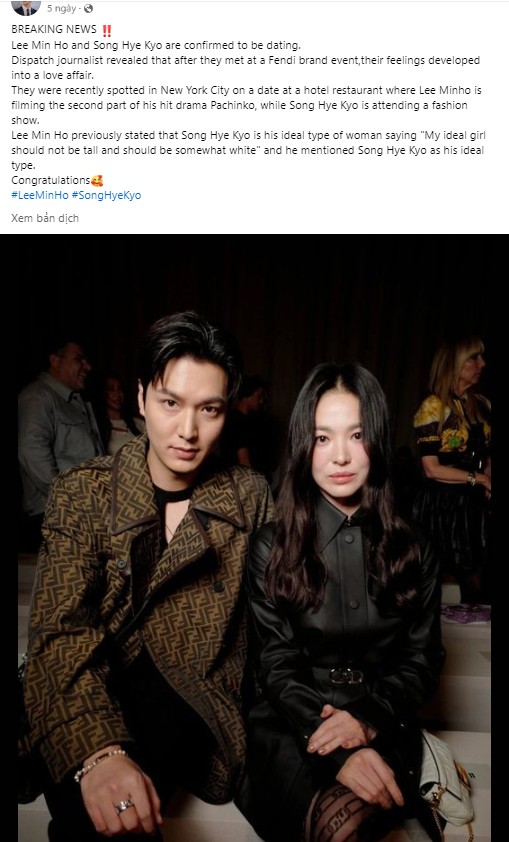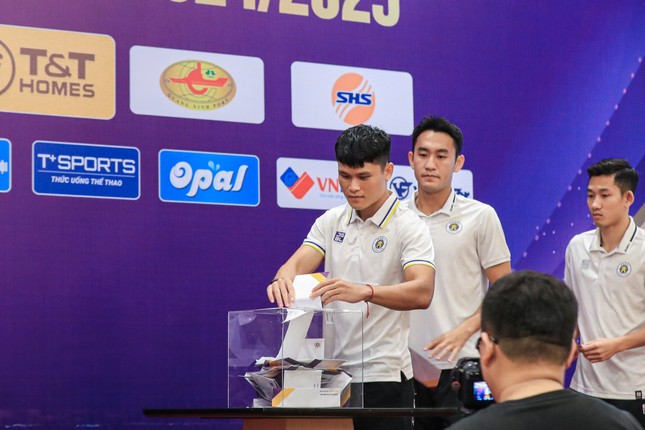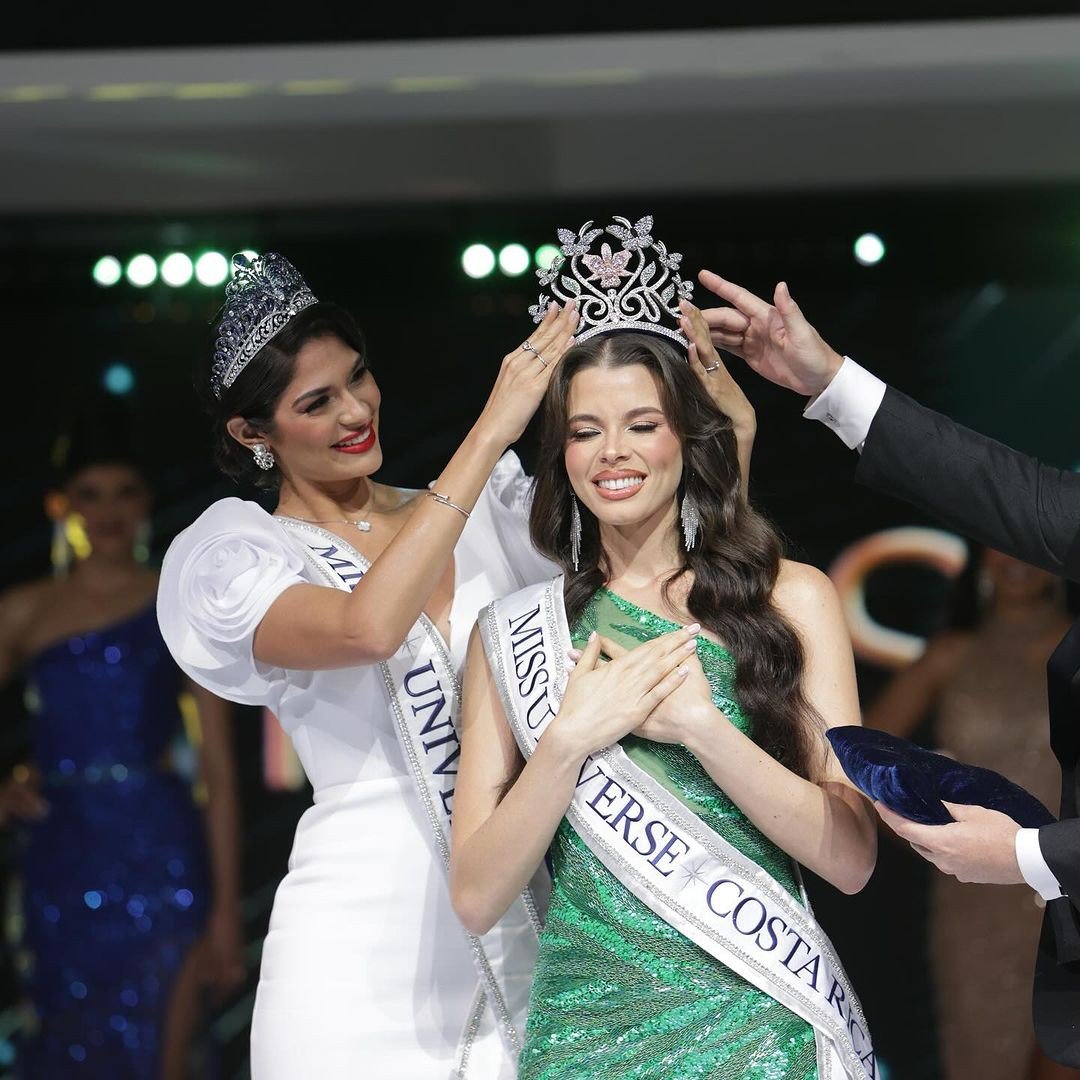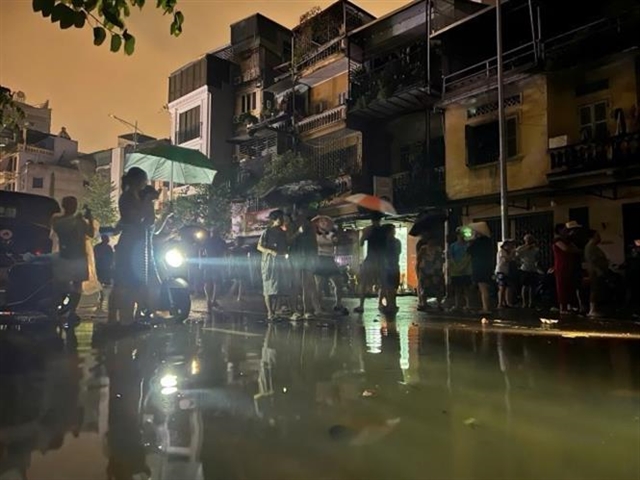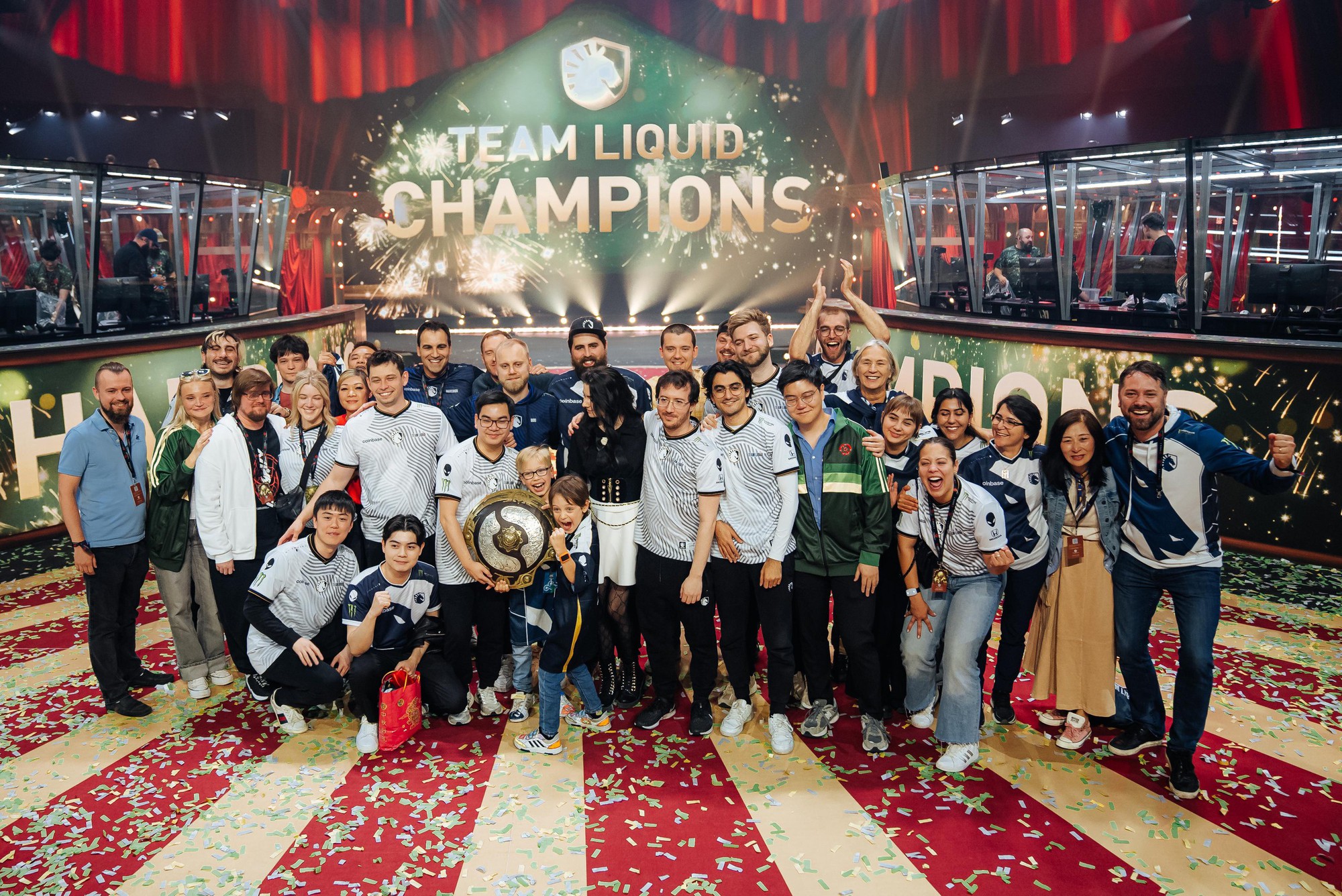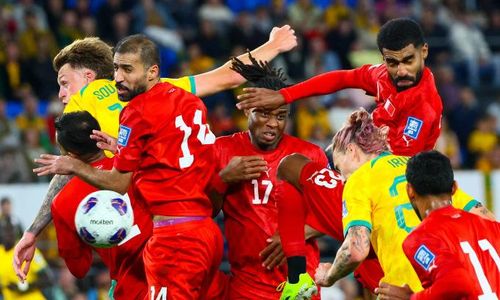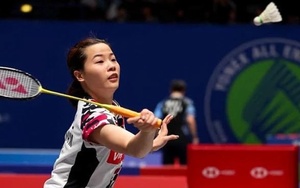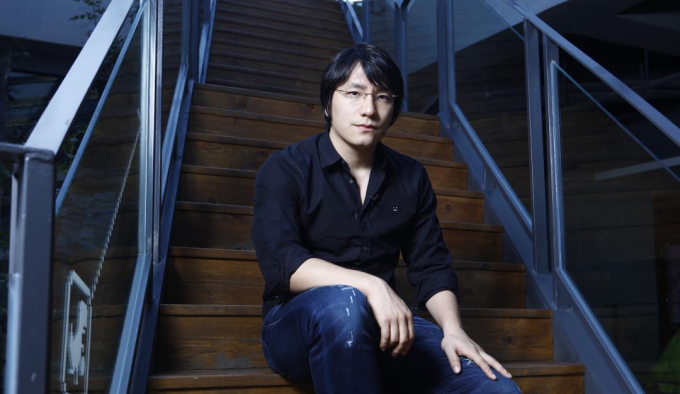▌Câu trả lời hay nhất
Vietnamese State and Party leaders unanimously agreed that the valuable insights and policy recommendations from the overseas Vietnamese community have played a pivotal role in shaping domestic policies and legal frameworks in Việt Nam.
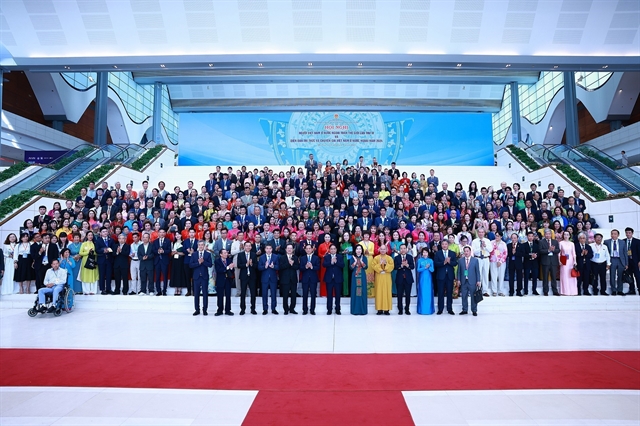 |
| The Việsv388 cam Fourth World Conference of Overseas Vietnamese took place in Hà Nội on August 22. VNA/VNS Photo |
At the Fourth World Conference of Overseas Vietnamese held last week in Hà Nội, Vietnamese Party and State leaders unanimously acknowledged the valuable insights and policy recommendations from the overseas Vietnamese community. These contributions have played a pivotal role in shaping domestic policies and legal frameworks in Việt Nam.
Minister of Foreign Affairs Bùi Thanh Sơn said that these efforts led to the issuance of numerous new policies in areas such as identification, land, housing, and real estate. These policies were designed to facilitate the return of overseas Vietnamese to live, work, invest, and conduct business in the homeland, ensuring their rights are equivalent to those of any Vietnamese citizen.
Sơn emphasised that, in recent years, the overseas Vietnamese community had become a significant resource in the nation-building and development process. Over the past 30 years, their remittances sent home totalled approximately US$230 billion, a figure on par with the disbursed foreign direct investment during the same period. By the end of 2023, overseas Vietnamese had invested in 421 foreign direct investment projects with a total registered capital of $1.72 billion, alongside thousands of businesses backed by overseas Vietnamese.
"These are quantifiable contributions," Sơn said. "But there are also countless unmeasurable contributions in terms of intellectual resources."
The year 2024 marks the 20th anniversary of the implementation of the Politburo's Resolution 36 on overseas Vietnamese affairs. Sơn said that this milestone offered an opportunity to draw valuable lessons and elevate the work on overseas Vietnamese to a new level, aligning with the nation’s development needs.
President call for greater contributions
President Tô Lâm, who is also General Secretary of the Communist Party of Việt Nam Central Committee, expressed hope that the 6 million Vietnamese abroad would unite with shared trust, willpower, and effort to realise the aspiration of building a strong, prosperous and happy nation.
As President Hồ Chí Minh once told the overseas Vietnamese community during his visit to France in 1946: "Each overseas Vietnamese should be an ambassador of the people of Việt Nam, striving together to contribute to the common cause of the entire nation."
Affirming that the Party and State have always regarded overseas Vietnamese as an inseparable part of the Vietnamese nation and a vital resource for the country, President Lâm called on Vietnamese experts, intellectuals, and scientists abroad, who have access to modern technology and advanced knowledge, to continue contributing their intellect, experience, and expertise to the development of the homeland.
He expressed his hope that overseas Vietnamese would not only return to invest in the country but also play a vital role as bridges to bring Vietnamese goods and brands to the world, promote Vietnamese cultural identity, and share the nation’s rich traditions with international friends.
Noting that many overseas Vietnamese are scientists, including young scientists, President Lâm said that the country’s development would be closely linked to advancements in science, technology, digital transformation, AI, quantum technology, and biotechnology, which are also the paths the world is taking.
He expressed his pleasure that young people were going abroad to seek knowledge, study, and conduct research, contributing to the nation's development.
President Lâm encouraged overseas Vietnamese to strengthen their ties with their families and homeland, to build a strong overseas Vietnamese community that actively contributes to their host countries and stands by the nation, especially during the critical phases towards achieving the country’s goals to 2045.
President Lâm reminded them of President Hồ Chí Minh's words: "The Vietnamese language is the soul of the nation. Even when living far from the homeland, you must preserve the Vietnamese language and cultural traditions so that future generations do not forget their roots."
He stressed that despite differences, the 100 million Vietnamese at home and the 6 million overseas all shared the same origin and love for the nation. He urged everyone to seize opportunities, overcome difficulties, and together build a bright future, making Việt Nam increasingly prosperous and realising the aspirations of President Hồ and the entire nation.
"The Party, State and people of Việt Nam always welcome and create favourable conditions for overseas Vietnamese to return home for visits, tourism, investment, economic production, and business," Lâm said.
Moving forward, he said the Party and State would continue to develop and streamline policies to attract and utilise talent, fully harnessing the potential and valuable resources of the overseas Vietnamese community in the cause of national construction and defence.
Việt Nam, he said, would strengthen cooperation with other countries to protect the legitimate rights and interests of the overseas Vietnamese, support them in stabilising their lives, and ensure they can confidently integrate and thrive in the social life of their host countries.
Integral part of the nation
According to Lê Xuân Dung, PhD, from the Military College 1, in recent years, the Vietnamese Party and State have issued numerous guidelines and policies to facilitate visits, investment, and business activities for the overseas Vietnamese community.
In the face of efforts by hostile forces to distort the Party and State's policies towards Vietnamese people living abroad, and create divisions between the overseas Vietnamese and the homeland, Dung emphasised the need to combat such distortions.
Throughout the struggle for national liberation and the cause of national building and development, especially during the period of đổi mới(policy renewal), industrialisation, modernisation, and international integration, the Party and State have consistently paid attention to overseas Vietnamese affairs.
Significant milestones include the Politburo’s Resolution No 08 dated November 29, 1993, on policies and measures concerning Vietnamese people abroad, followed by Resolution No 36 dated March 26, 2004, and many other directives and decisions.
These documents affirm that the State always creates every possible condition to support overseas Vietnamese in stabilising their lives, engaging in business activities, and integrating into the social life of host countries, while maintaining a close connection with the homeland. They also contribute to perfecting policies to attract and utilise overseas Vietnamese talents, encourage investment and business activities by overseas Vietnamese, and foster activities directed towards the homeland, in accordance with the laws and customs of host countries.
Alongside these sound policies and guidelines, many legal documents have been issued by the National Assembly and the Government covering most areas related to the overseas Vietnamese community, such as nationality, civil matters, housing, land, residency, investment, and business. These regulations are designed to ensure that the rights of overseas Vietnamese increasingly align with those of citizens at home.
Commendable results
Currently, with approximately 6 million people living in over 130 countries and territories, 80 per cent of whom reside in developed countries, the overseas Vietnamese community is growing stronger, affirming its role, status, and reputation. During visits, meetings, and contacts with leaders of other countries, the Party and State leaders consistently propose local administrations implement specific measures to support the overseas Vietnamese, facilitating their stable life and integration in host countries.
Additionally, efforts to care for and support the community to enhance their legal status, as well as the protection of citizens, are always given high priority.
Overseas Vietnamese have been provided with opportunities to contribute their opinions on the nation’s important issues, such as providing feedback on Party Congress documents, draft laws, and major policies.
Annual activities have been held by the State Committee for Overseas Vietnamese Affairs, such as the Homeland Spring festival, the organisation of overseas Vietnamese delegations attending the Hùng Kings Commemoration Festival, visits to soldiers and people on Trường Sa islands, and summer camps for young overseas Vietnamese.
In preserving the Vietnamese language and promoting national cultural identity, the Ministry of Foreign Affairs, in collaboration with both domestic and international agencies, has supported the provision of Vietnamese-language textbooks and teaching materials, conducted training for overseas Vietnamese teachers, and proposed that host administrations include the Vietnamese language in school and university curricula.
Notably, the Day for Honouring Vietnamese Language in Vietnamese Communities Abroad (September 8) has helped spread the love for the Vietnamese language and, more broadly, the bond with the homeland among the younger generations of Vietnamese overseas.
In recent years, the country's development achievements and increasingly elevated position have helped the overseas Vietnamese community gain better status and development conditions in host countries. The community has also gained greater awareness of the connection between the home country's status and their own development, which creates greater motivation for them to contribute to the homeland. A clear example of this was the significant assistance provided by the overseas Vietnamese community to the homeland during the COVID-19 pandemic.
Proposals for national and community development
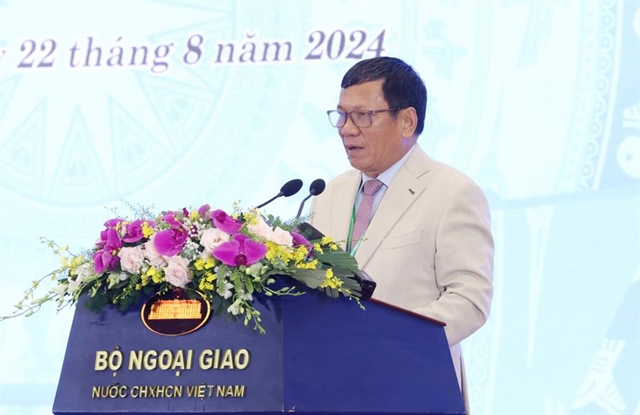 |
| Đình Thắng, a member of the Standing Committee of the Central Committee of the Việt Nam Motherland Front and chairman of the Union of Vietnamese Associations in Europe |
The State should make breakthrough decisions that would make it easier for overseas Vietnamese to regain Vietnamese citizenship while retaining their foreign citizenship and to determine the nationality of children of mixed heritage. Additionally, regulations should be adjusted to allow overseas Vietnamese to run for and vote in National Assembly elections, and to enable Vietnamese associations abroad to become members of domestic political and social organisations.
There also needs for the establishment of an effective mechanism to receive, process, and respond to feedback from overseas Vietnamese, making administrative procedures more streamlined, transparent, and efficient, enhancing the connection among overseas Vietnamese experts and intellectuals, and supporting the preservation of Vietnamese culture and language.
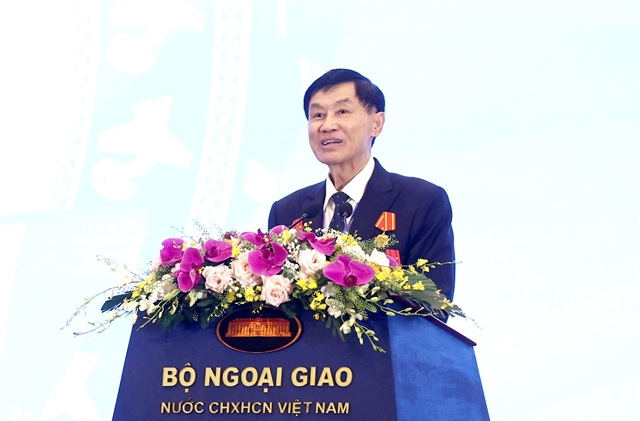 |
| Johnathan Hạnh Nguyễn, an overseas Vietnamese in the Philippines and chairman of the Imex Pan Pacific Group. |
The Government should develop a strategy to attract overseas Vietnamese students and young people to intern, start businesses, and participate in community projects in Việt Nam to help them connect with their roots and bring new initiatives to contribute to national development.
Việt Nam should create special incentives for national data infrastructure projects, AI development, semiconductors, and high-quality human resource training programmes, while also implementing special mechanisms to encourage technology incubators. Developing policies that encourage overseas Vietnamese to participate in tourism development and retail investment is also crucial.
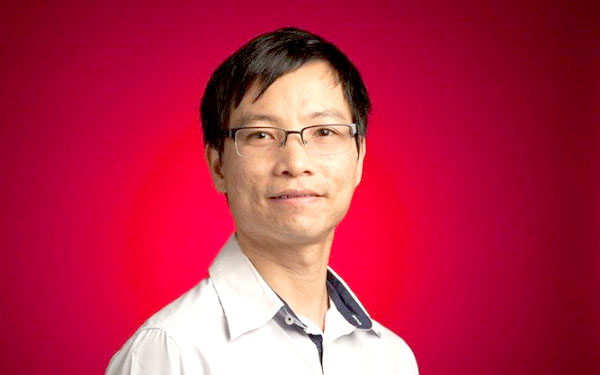 |
| Lê Viết Quốc, a scientist at Google DeepMind |
Việt Nam should focus on robustly developing AI applications in various fields such as public healthcare, transportation, and many others, and setting ambitious national goals.
Once we have invested in human resources, we need to find ways to leverage this high-quality workforce. The best approach to achieving this is by investing in an innovative and entrepreneurial ecosystem. Experience shows that in every revolution, there are winners and losers, and the most effective way to identify the winners is by creating a diverse and robust startup ecosystem. Việt Nam should also establish a high-level advisory council on chips and AI. These are rapidly developing fields, and such a council would help make swift and accurate decisions in these critical areas.VNS

